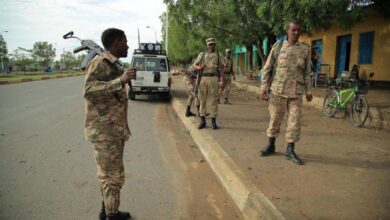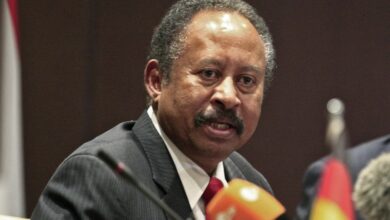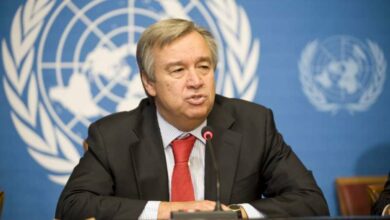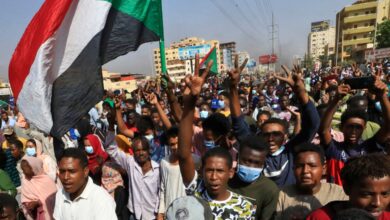Sudan
Sudanese Prime Minister Abdalla Hamdok Presents Roadmap To End Political Crisis
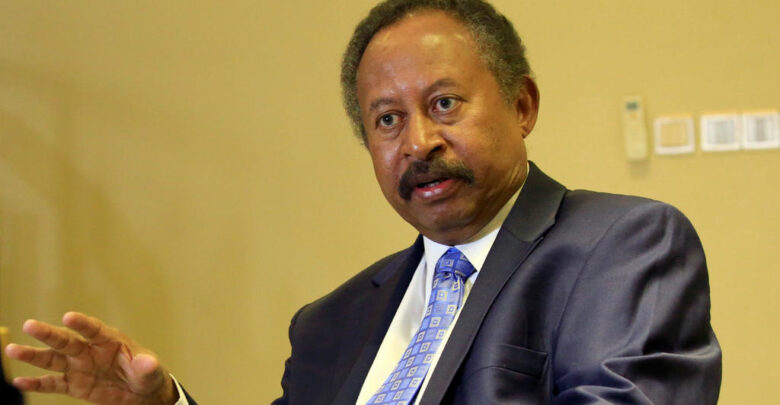
Sudanese Prime Minister Abdalla Hamdok announced a series of steps on Friday aimed at ending the country’s ongoing political crisis, reported Reuters.
Sudan’s military and civilian power-sharing partners have been locked in a war of words since a coup attempt in late September. The military leaders are demanding an overhaul of the current cabinet and ruling body. The civilian members of the transitional ruling body have accused the military of aiming for a power grab.
“The coup attempt opened the door for discord, and for all the hidden disputes and accusations from all sides, and in this way we are throwing the future of our country and people and revolution to the wind,” Hamdok said in a speech.
The transitional government came to power after the army ousted former President Omar al-Bashir in April 2019. The transitional military council consisting of members from the military and the opposition Freedom and Change Alliance have been ruling the country until August 2019. The transitional period paves way for elections to form a new Sudanese government.
Hamdok described the current tiff between the components of the transitional government as the worst and most serious crisis threatening the transition.
“If we cannot achieve the slogans of the revolution of freedom, peace, and justice and reach the desired ends of the transition, we will not forgive ourselves and neither will history forgive us,” he said.
However, the Sudanese prime minister denied any dispute between the civilian and military components. He said it is a dispute between the civil democratic transition supporters and the supporters of a coup against the revolution.
“I am not neutral or a mediator in this conflict. My clear and firm position is complete alignment to the civilian democratic transition,” Hamdok said.
He said he had presented both the factions with a road map aimed at ending escalation and one-sided decision-making and returning to a normal functioning government.
He pointed out the importance of the formation of a transitional legislature, reform of the military, and the expansion of the base for political participation.


